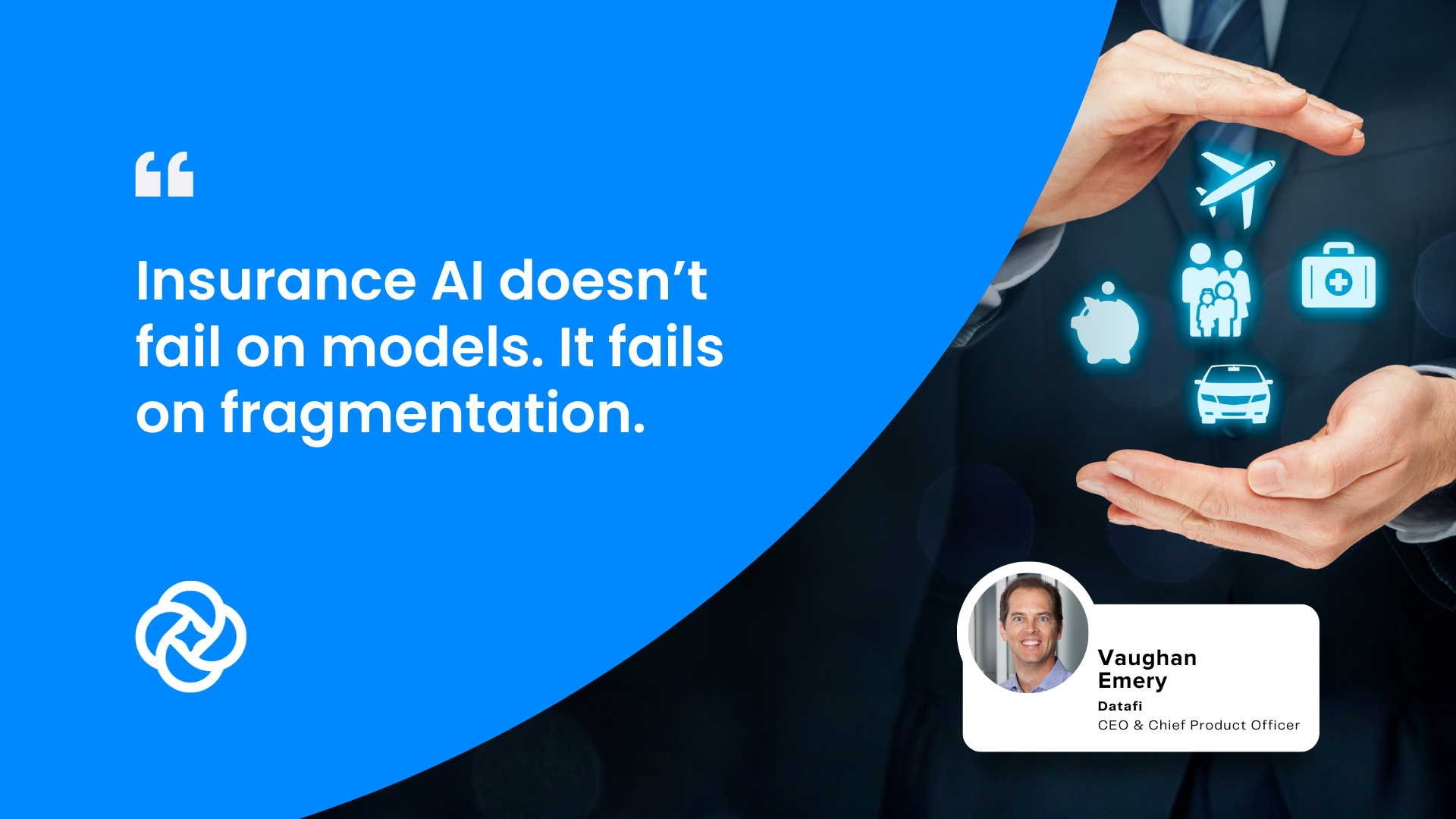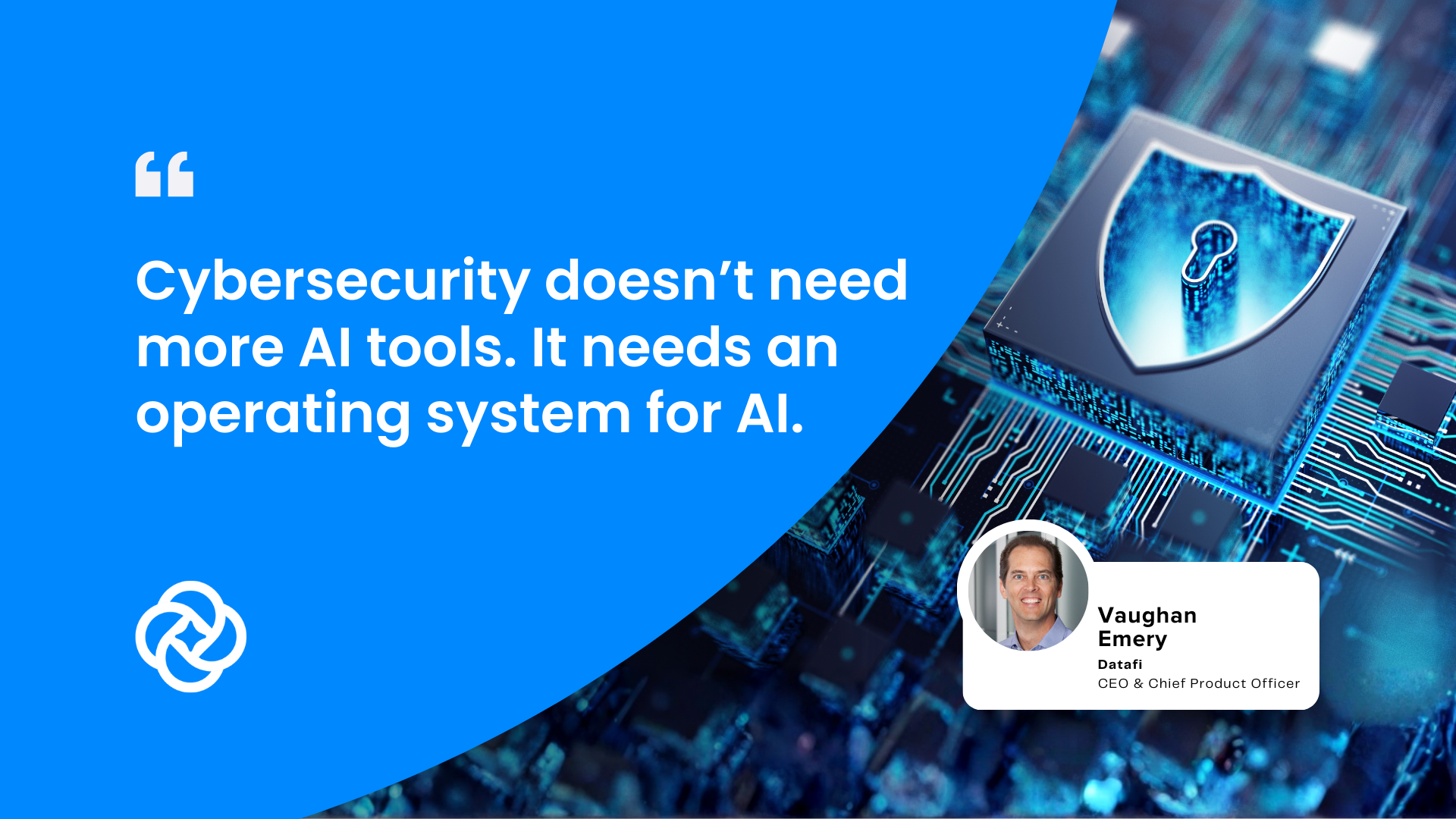What Are the Major Challenges in Implementing AI and Real-time Data?

Data Privacy and Security Concerns
Integrating artificial intelligence (AI) with real-time data processing provides powerful insights and increases risks. These systems often require access to large amounts of sensitive information, making it crucial to protect data from breaches and unauthorized access. Organizations must navigate regulations when deploying AI. Additionally, ensuring that the right person receives the correct information is a key concern.
Ethical Considerations in AI Decision-Making
AI models can reinforce bias, operate as opaque “black boxes,” and make accountability difficult. Addressing algorithmic bias, improving transparency, and defining clear lines of responsibility are essential steps toward trustworthy AI. Organizations should adopt formal ethical guidelines and regularly audit their models.
Technical Challenges in Real-Time Data Processing
Continuous ingestion and low-latency analysis of high-velocity streams demand resilient, scalable infrastructure. Key hurdles include:
- Ultra-low latency requirements (e.g., for autonomous vehicles or high-frequency trading).
- Data integration complexity across diverse sources, formats, and standards.
Integration with Existing Systems
Legacy environments often clash with modern AI tooling. To deliver end-to-end value, upgrades, custom connectors, workflow redesign, and staff retraining may be required.
Skills and Talent Shortages
There is a global shortfall of data scientists, ML engineers, and real-time analytics specialists. Companies can mitigate this by:
- Upskilling current employees through targeted training programs.
- Partnering with universities and tapping into emerging talent pipelines.
Cost and Resource Allocation
AI projects incur significant hardware, software, and staffing expenses—and success typically involves multiple experimental iterations. Securing executive sponsorship and phased, ROI-focused funding is vital.
Data Quality and Management
AI outcomes depend on data integrity. Organizations must invest in rigorous data cleaning, validation, and governance practices to avoid garbage-in and garbage-out scenarios, especially when streaming heterogeneous data.
Scalability Issues
Performance bottlenecks can surface in compute, storage, or network layers as workloads grow. Ongoing infrastructure investment, plus proactive monitoring and optimization, keeps systems responsive.
Leveraging Datafi to Overcome These Challenges
Datafi offers an integrated platform that streamlines real-time, data-driven workflows:
- Natural-language queries and ad-hoc data discovery democratize access.
- No-code application development accelerates delivery and lowers the IT burden.
- Seamless connectivity to primary data sources enhances governance and security.
By reducing the costs, risks, and time required to build AI solutions internally, Datafi helps organizations quickly turn existing data into new business value.
What Are the Major Challenges in Implementing AI and Real-time Data?
Data Privacy and Security Concerns
Integrating artificial intelligence (AI) with real-time data processing provides powerful insights and increases risks. These systems often require access to large amounts of sensitive information, making it crucial to protect data from breaches and unauthorized access. Organizations must navigate regulations when deploying AI. Additionally, ensuring that the right person receives the correct information is a key concern.
Ethical Considerations in AI Decision-Making
AI models can reinforce bias, operate as opaque “black boxes,” and make accountability difficult. Addressing algorithmic bias, improving transparency, and defining clear lines of responsibility are essential steps toward trustworthy AI. Organizations should adopt formal ethical guidelines and regularly audit their models.
Technical Challenges in Real-Time Data Processing
Continuous ingestion and low-latency analysis of high-velocity streams demand resilient, scalable infrastructure. Key hurdles include:
- Ultra-low latency requirements (e.g., for autonomous vehicles or high-frequency trading).
- Data integration complexity across diverse sources, formats, and standards.
Integration with Existing Systems
Legacy environments often clash with modern AI tooling. To deliver end-to-end value, upgrades, custom connectors, workflow redesign, and staff retraining may be required.
Skills and Talent Shortages
There is a global shortfall of data scientists, ML engineers, and real-time analytics specialists. Companies can mitigate this by:
- Upskilling current employees through targeted training programs.
- Partnering with universities and tapping into emerging talent pipelines.
Cost and Resource Allocation
AI projects incur significant hardware, software, and staffing expenses—and success typically involves multiple experimental iterations. Securing executive sponsorship and phased, ROI-focused funding is vital.
Data Quality and Management
AI outcomes depend on data integrity. Organizations must invest in rigorous data cleaning, validation, and governance practices to avoid garbage-in and garbage-out scenarios, especially when streaming heterogeneous data.
Scalability Issues
Performance bottlenecks can surface in compute, storage, or network layers as workloads grow. Ongoing infrastructure investment, plus proactive monitoring and optimization, keeps systems responsive.
Leveraging Datafi to Overcome These Challenges
Datafi offers an integrated platform that streamlines real-time, data-driven workflows:
- Natural-language queries and ad-hoc data discovery democratize access.
- No-code application development accelerates delivery and lowers the IT burden.
- Seamless connectivity to primary data sources enhances governance and security.
By reducing the costs, risks, and time required to build AI solutions internally, Datafi helps organizations quickly turn existing data into new business value.





